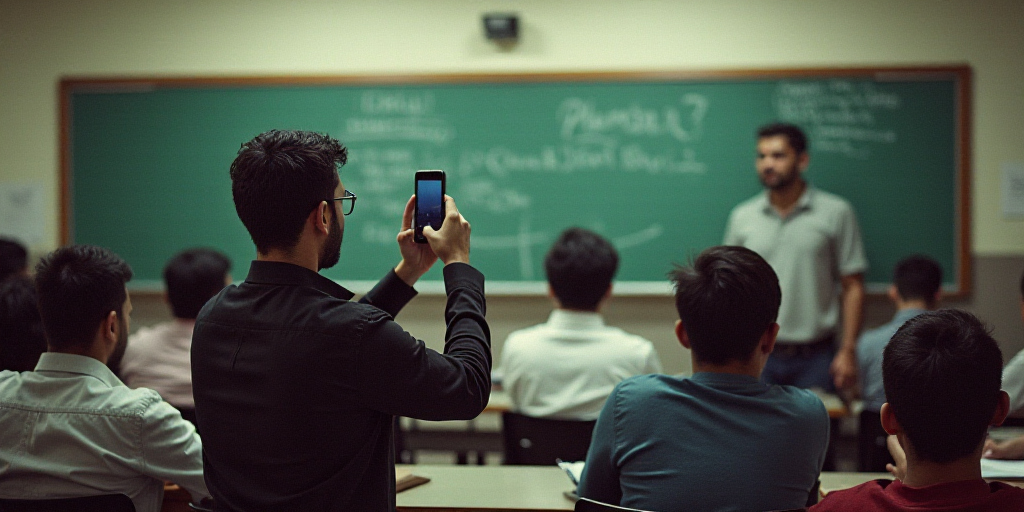Elections Held Despite Economic Challenges and Morales’ Ineligibility
Voting centers closed in Bolivia after millions cast their ballots on Sunday in general elections overshadowed by high inflation and the absence of former leftist president Evo Morales, who has been barred from running.
Key Election Details
- First results are expected after 21:00 local time (01:00 GMT).
- If no presidential candidate secures over 40% of the votes with a 10-point lead, a runoff will be held on October 19.
- Voters also elected the 26 senators and 130 lower house members of Congress, who will take office on November 8.
The electoral participation on Sunday was stable, according to authorities. Despite initial concerns that Morales’ supporters might disrupt the election process, international observers reported that the polls proceeded without major interruptions.
Leading Candidates and Party Support
Conservative opposition candidates Samuel Doria Medina, a business magnate, and former president Jorge “Tuto” Quiroga lead the race. However, neither has more than 30% support according to polls, with nearly a quarter of Bolivians remaining undecided.
The Movement Towards Socialism (MAS), currently in power, may face its first defeat in nearly two decades. Support for MAS and other leftist candidates stands at around 10%, according to the August Ipsos CEISMORI poll.
Evo Morales, co-founder of MAS and president from 2006 to 2019, cannot run for re-election.
Economic Concerns Affecting Voters
Bolivia’s fragile economy is the primary concern for voters before the election. Price hikes have surpassed those in other Latin American countries this year, and fuel and dollar shortages are prevalent.
- Annual inflation doubled to reach 23%, up from 12%.
- Some Bolivians have turned to cryptocurrencies as a hedge against inflation.
- Many, especially those in the informal economy, struggle to make ends meet, according to economist Roger López.
“The prices of the family basket are rising rapidly,” López said. “Many might choose to punish MAS in the election, creating an opportunity for centrists, right-wingers, or a leftist faction led by Senate President Andrónico Rodríguez.”
Voter Perspectives and Candidate Platforms
Silvia Morales, a 30-year-old La Paz resident working in retail, said she would vote for the center-right this time after previously supporting MAS. Carlos Blanco Casas, a 60-year-old La Paz teacher, also intends to vote for change.
Quiroga promises a “radical change” to reverse what he calls “20 lost years” under MAS’s rule and supports deep public spending cuts and distancing from Venezuela, Cuba, and Nicaragua. He served as president for a year between 2001 and 2002 after the previous leader resigned.
Doria Medina offers a more moderate approach and pledges to stabilize the economy within 100 days.
On the left, the vote is split between MAS’s official candidate Eduardo del Castillo, backed by outgoing president Luis Arce, and Rodríguez, who has distanced himself from the party to run independently.
Morales’ Waning Influence
Despite calling for a boycott, Morales’ influence is reportedly waning. Analyst Glaeldys González Calanche from the Crisis Group stated, “There is broad support for the elections. Most Bolivians see this as a crucial moment to lead the country to economic recovery.”






